- Home
- About CTI
- Our Services
- Investor Relations
- CTI Mall
- Resource Center
- Reports Validation
- Join Us
-
 Overview
Overview
Centre Testing International Group Co., Ltd. (CTI) is a market leader in testing, inspection, certification, calibration, audit, training & technical services; building trust between governments, enterprises, and consumers.
-
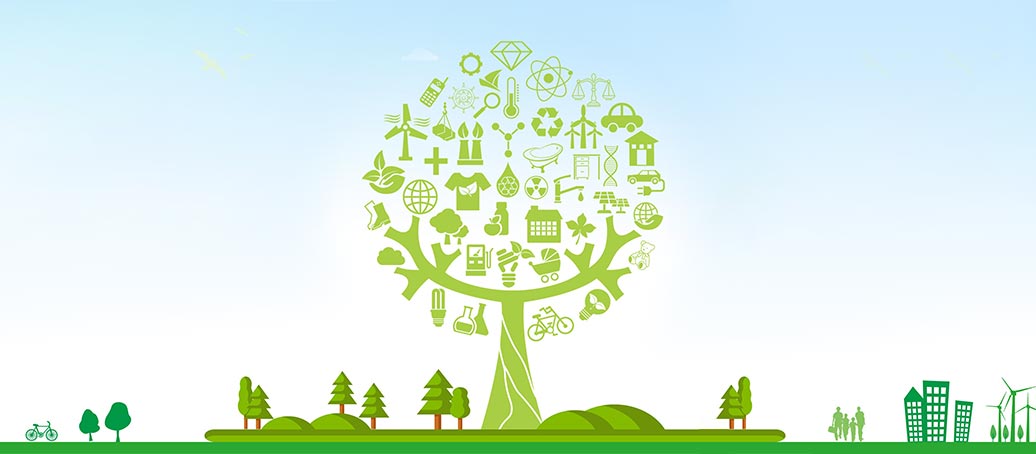 Sustainability
SustainabilitySustainability is deeply rooted in CTI’s business model, by delivering science-based solutions and verification services, to increase transparency and traceability throughout the global value chain. CTI is a proponent of carbon neutrality and sustainable development.
-
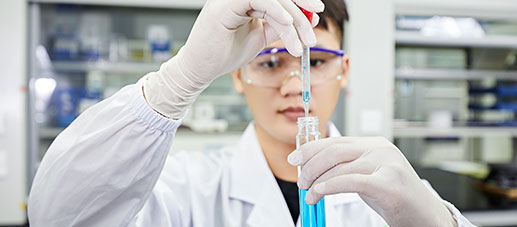 Our service
Our serviceCentre Testing International Co., Ltd. (CTI) is the pioneer and leader in the TIC Industry which provides one-stop solutions on testing, inspection, certification, calibration, audit, training & technical services.
-
By Industry
Our service capabilties cover the upstream and downstream of the supply chain including textile and apparel,toys,electronic appliances,medical health,food...andother industries.
-
 Environment
Environment
-
 Raw Material & Fuel Chemicals
Raw Material & Fuel Chemicals
-
 Textiles, Apparel, Footwear & Accessories
Textiles, Apparel, Footwear & Accessories
-
 Food & Agricultural Products
Food & Agricultural Products
-
 Cosmetics, Personal Care & Household Chemicals
Cosmetics, Personal Care & Household Chemicals
-
 Building Materials&Construction Engineering
Building Materials&Construction Engineering
-
 Electronic & Electrical Appliances
Electronic & Electrical Appliances
-
 Toys, Furniture & Home Decoration
Toys, Furniture & Home Decoration
-
 Industrial Equipment & Manufacturing
Industrial Equipment & Manufacturing
-
 Rail & Aviation
Rail & Aviation
-
 Automotive & Spare Parts
Automotive & Spare Parts
-
 Pharma and Medical Services
Pharma and Medical Services
-
 Maritime Vessel Compliance Testing
Maritime Vessel Compliance Testing
 By Industry
By IndustryOur service capabilties cover the upstream and downstream of the supply chain including textile and apparel,toys,electronic appliances,medical health,food...andother industries.
-
-
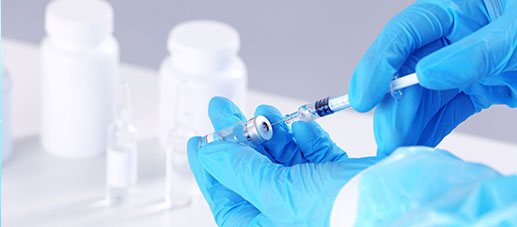 Specialty
SpecialtyComprehensively guarantee quality and safety, promote compliance and innovation, demonstrate brand competitiveness, and achieve higher quality, healthier, safer, and greener sustainable development.
-
 Management
ManagementWe have established a clear governance structure in accordance with listing requirements and national regulations and policies to deal with internal and external challenges and achieve sustainable development.
-
 Information DisclosureWe are committed to establishing normal and effective two-way communication with shareholders and investors. We have established a complete information disclosure mechanism to convey information to shareholders in a timely manner.
Information DisclosureWe are committed to establishing normal and effective two-way communication with shareholders and investors. We have established a complete information disclosure mechanism to convey information to shareholders in a timely manner.
-
 Talents Policy
Talents PolicyEnsuring the basic rights and benefits of employees;
Providing professional skills training to promote employees’ growth;
Carrying out various kinds of activities to balance employees’ work and life.
-
 RecruitmentWelcome to join CTI family! We are providing a platform for you to show your talents and achieve your career aspiration.
RecruitmentWelcome to join CTI family! We are providing a platform for you to show your talents and achieve your career aspiration.
- Resource Center
- Application Forms
- Bulletin
- Training Center
- CTI Academy
- Reports Validation
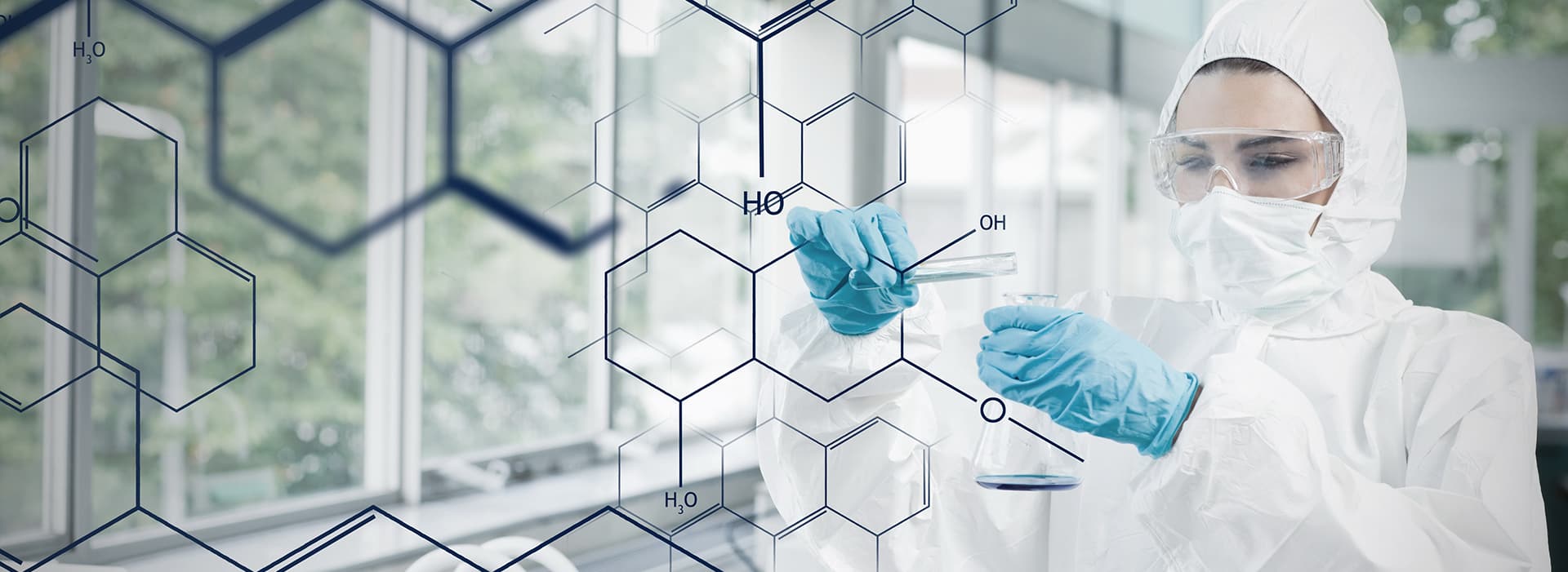
QUALITY & VALUE
Phthalate is produced by the reaction of alcohol and phthalic anhydride. The main uses of o-benzene include making plastics, plastics and rubber more plastic, that is, giving them the functions of elasticity, plasticity and flexibility. CTI can provide the o-benzene test involved in RoHS, REACH, CPSIA, Prop 65 and toy regulations.
- Consulting quotation
- Online shopping mall
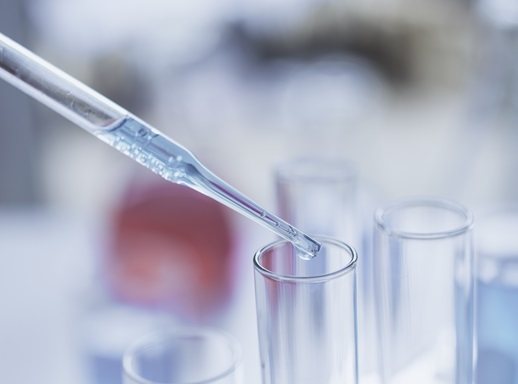
Phthalates are a widely used group of plasticizers, primarily employed to soften polyvinyl chloride (PVC) materials. They are commonly found in plastic products, medical devices, children's toys, food packaging, cosmetics, and other fields. Additionally, they are used in lubricants, adhesives, and coatings. However, phthalates may pose risks to the environment and human health, particularly due to their potential to disrupt the endocrine system. As a result, they are subject to stringent regulatory controls worldwide.
The Regulations
|
Region |
Regulations |
|
EU |
REACH (SVHC and ANNEX XVII), RoHS 2.0, FCM: EU 10/2011 |
|
US |
CPSIA, CA Prop65, AB 1108 |
|
China |
GB 6675, GB 9685 |
|
Canada |
CCPSA |
|
Australia |
Consumer protection Notice No.11 of 2 |
Testing service for Phthalates.
Risk assessment of materials.
Internal and supplier management training and consulting services.
Our Strengths
▪ CTI has many advanced equipments and has passed CMA/CNAS qualification accreditation, the test data is accurate and reliable, and the test report has international credibility.
▪ The scientific laboratory information management system ensures the efficient operation of each service link.
▪ The technical expert team has rich practical experience and can provide professional, rapid and comprehensive one-stop service.
▪ The service network is all over the world, and many first-line brands designate cooperative laboratories
Consult customer service → confirm the test plan → fill in the application form → send the sample → pay the test fee → test → send the report and invoice
What substances need to be tested for phthalates?
Different regulations control different types of phthalates. It is necessary to confirm the product type and export region to determine the specific regulatory requirements that need to be met.
Which materials have a higher risk of containing phthalates?
According to CTI's big data, materials such as PVC plastics, rubber, foam materials, leather, adhesives, textiles, coatings, pastes, and inks pose a higher risk of containing phthalates.
What is the testing cycle and sample quantity for phthalates?
The standard service cycle is 4 working days, and the required sample quantity is 20g.
- About CTI
- Our Services
- Investor Relations
- CTI Mall
-
Resource Center
- Application Forms
- Bulletin
- Training Center
- CTI Academy
- Reports Validation
-
Join Us
- Talents Policy
- Recruitment



















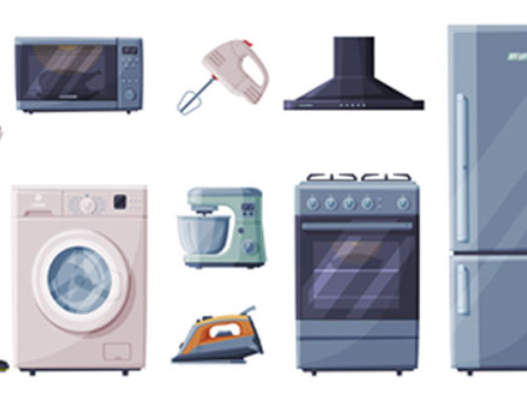
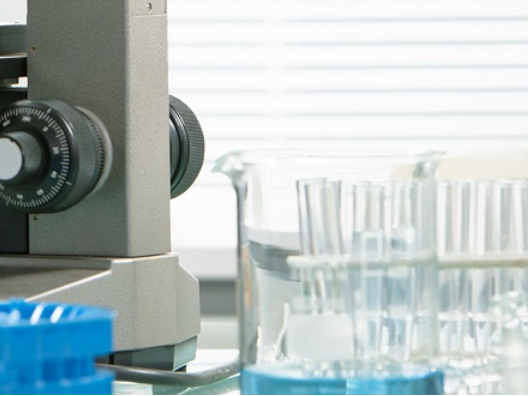


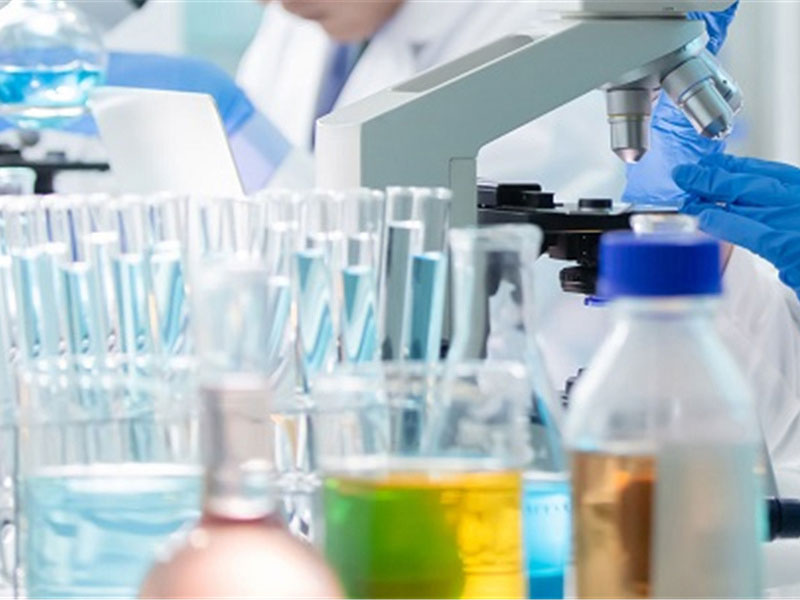
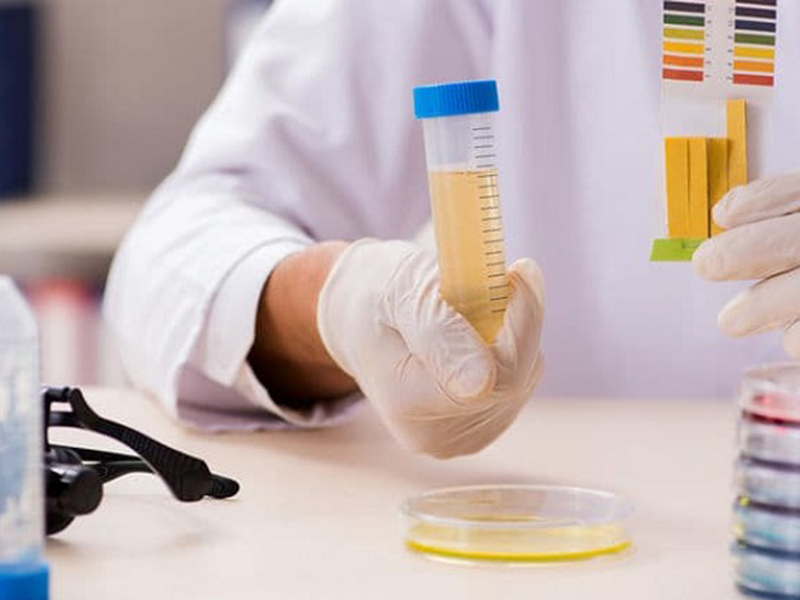
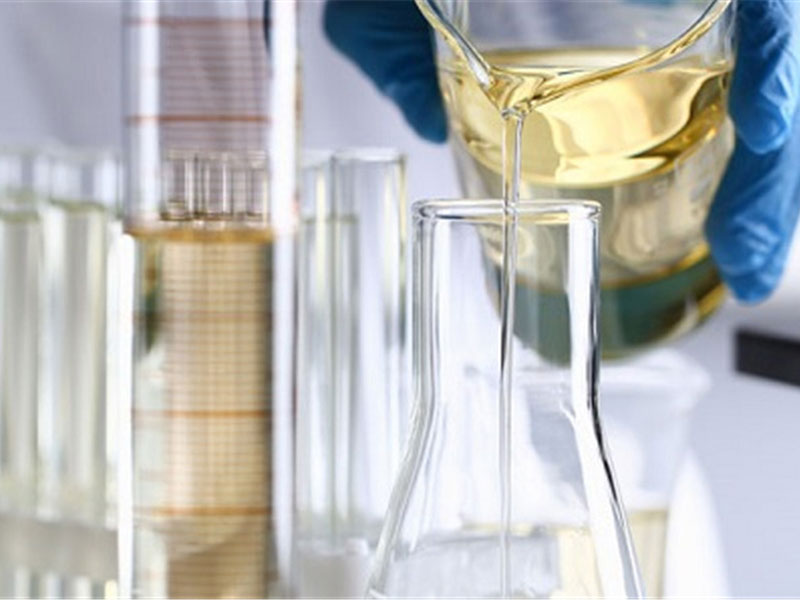
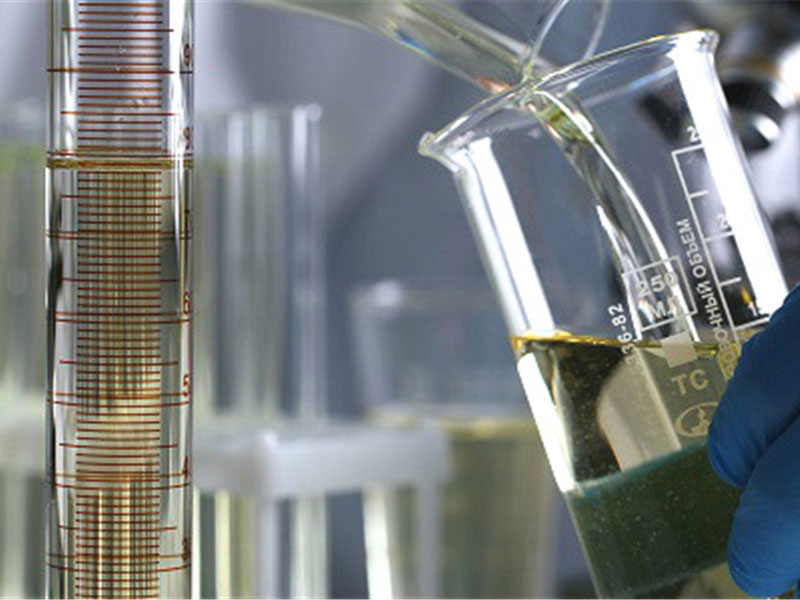
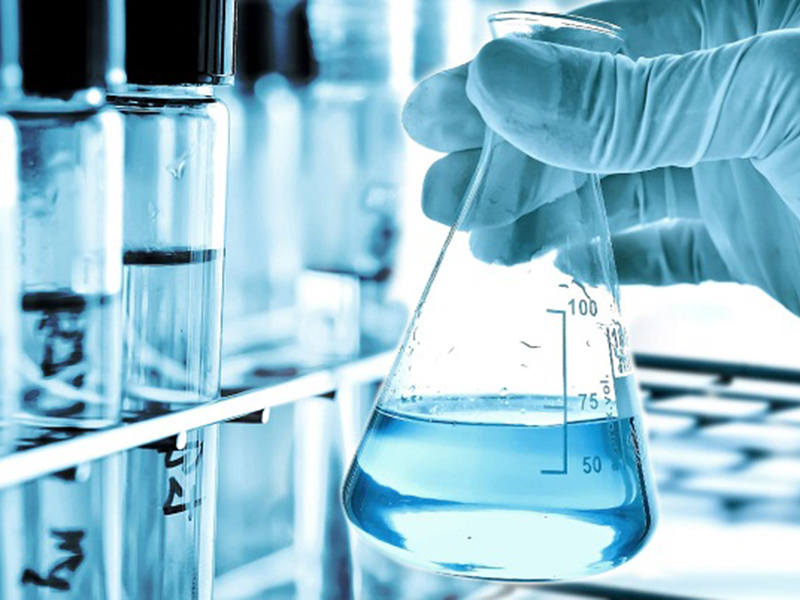
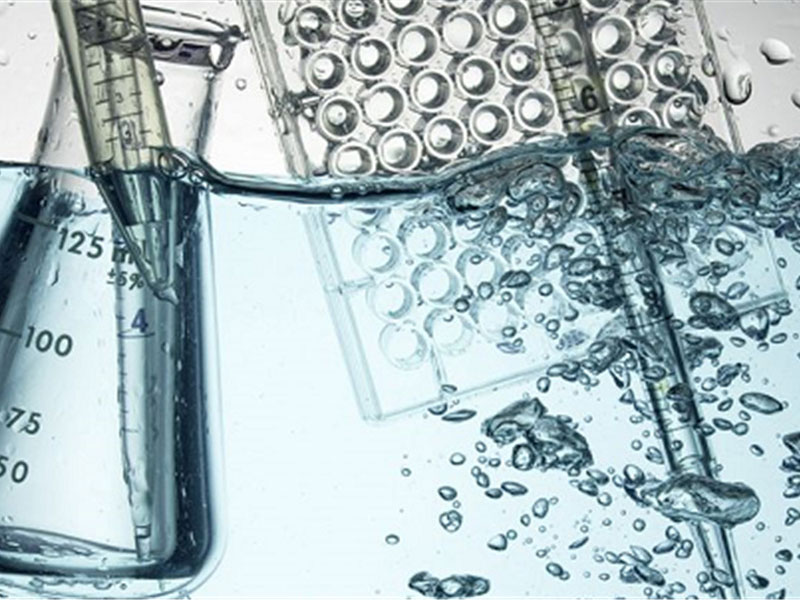
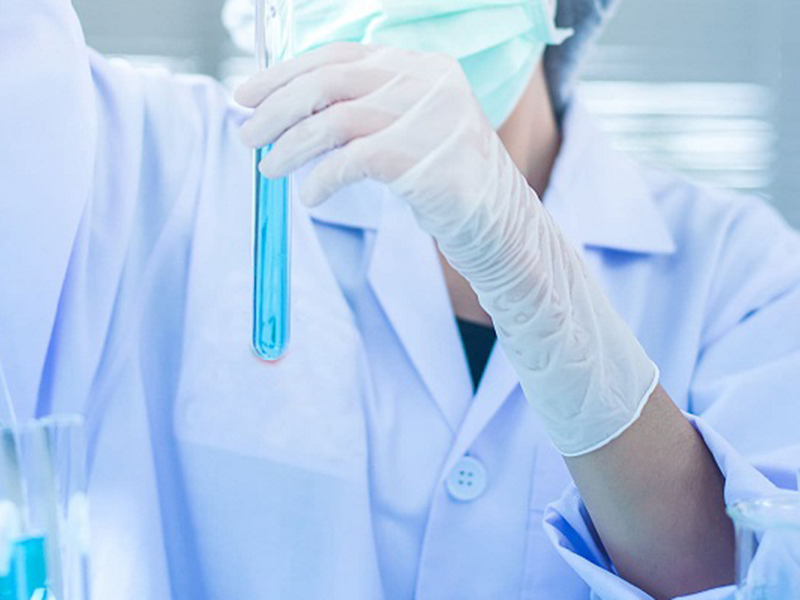

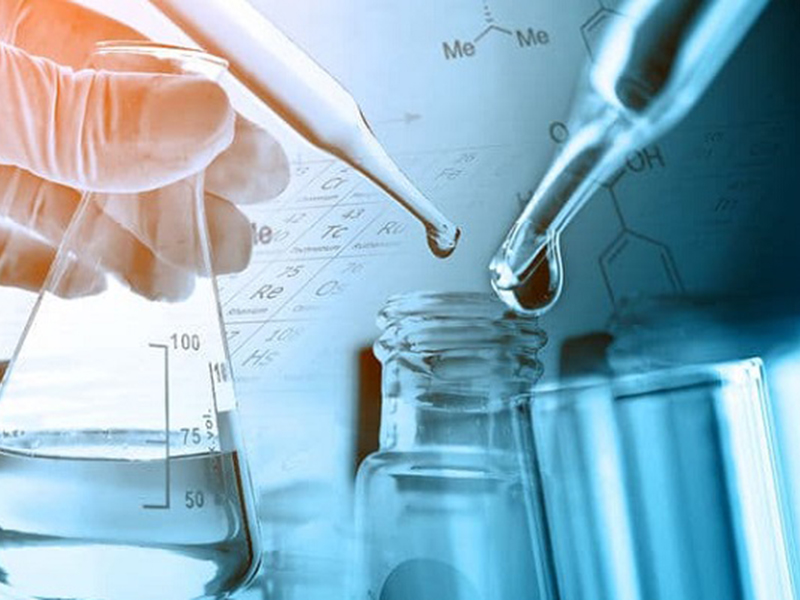
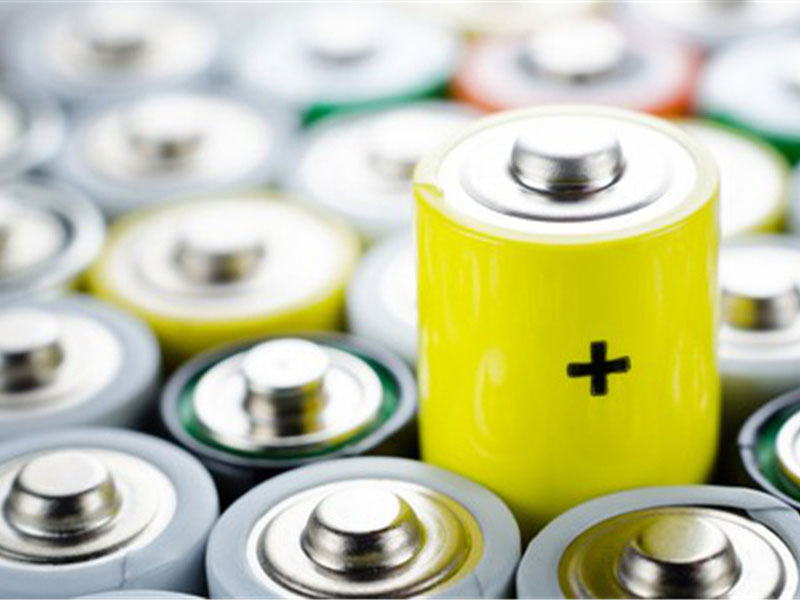
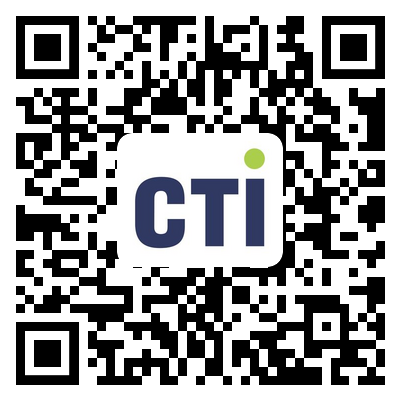

 粤公网安备 44030602000441号
粤公网安备 44030602000441号 